Tour button
Geoff Chutter
President & CEO
WhiteWater West Industries
Geoff Chutter's Employer
WhiteWater West Industries
Become a member
Join IAAPA today and unlock exclusive access to industry insights, networking, events, and resources tailored to your professional needs.
Join nowMember benefitsSurvey
Send your feedback
Loading subscribe form…
Connect with the Real Stories Behind the Fun
Follow our social media for authentic stories, special moments, and behind-the-scenes looks from the attractions world.

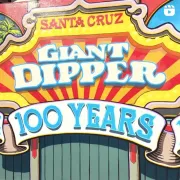
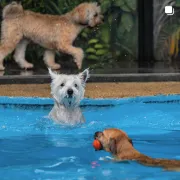
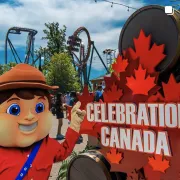
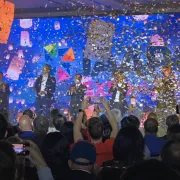
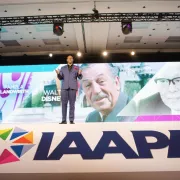
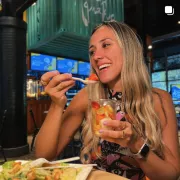




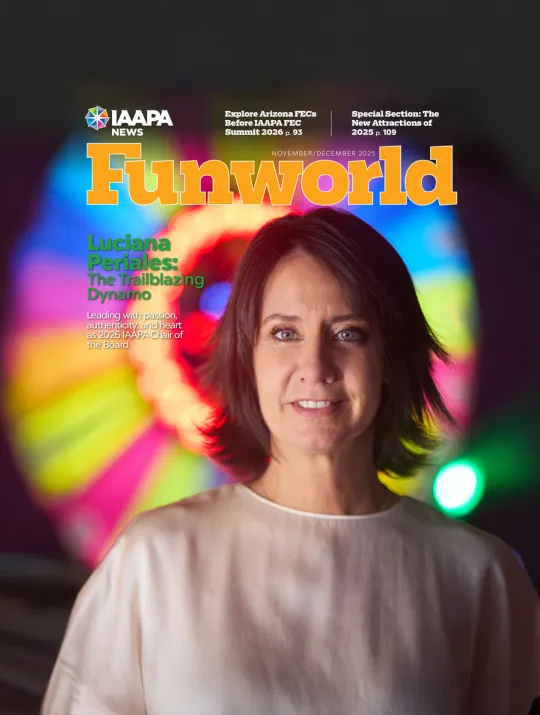
 The Official Magazine of IAAPA
The Official Magazine of IAAPA